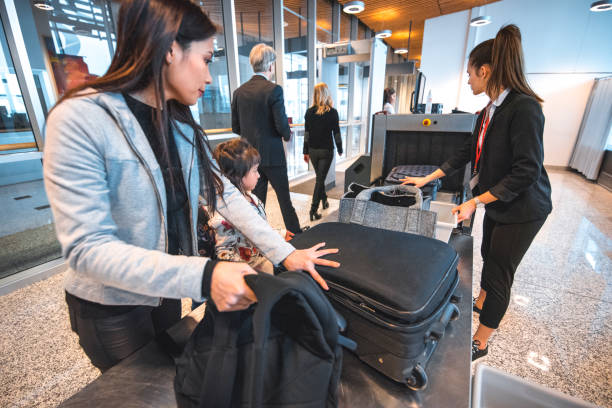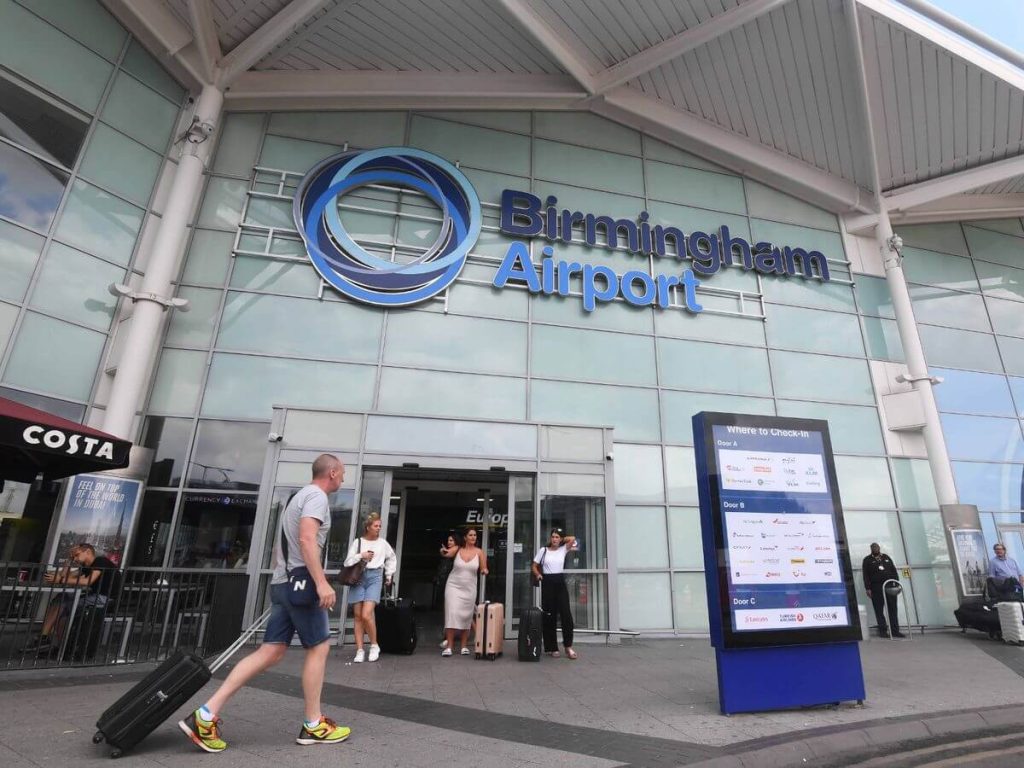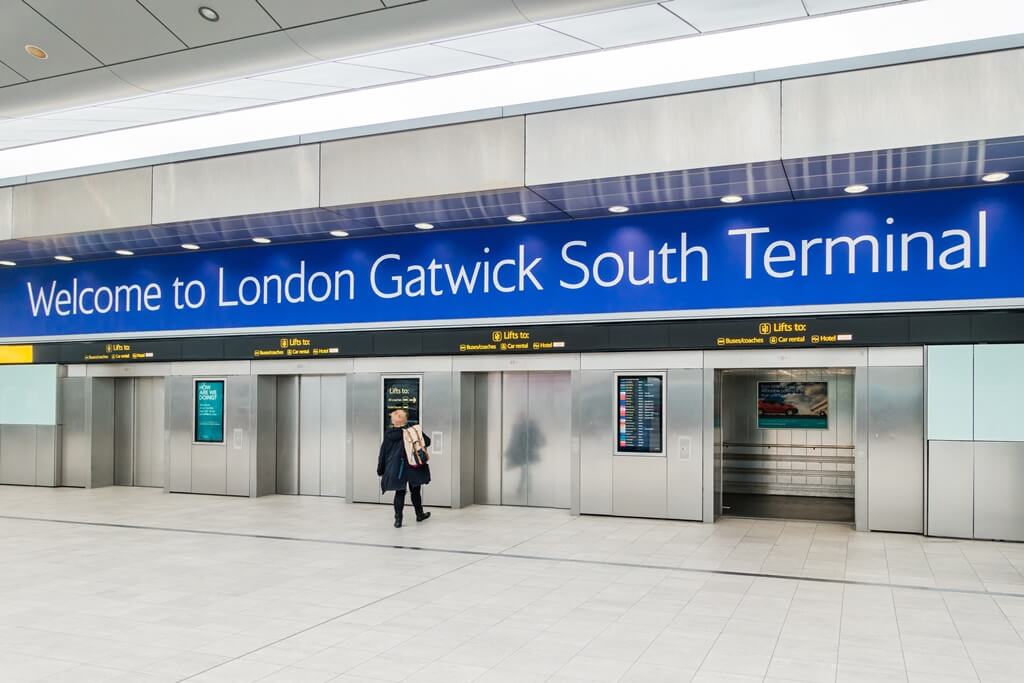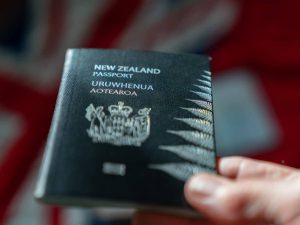A significant portion of the largest airports in the United Kingdom might not meet the deadline for eliminating the 100ml liquid restriction in carry-on bags.
Related article: Unveiling 5 Travel Hacks On How To Book Cheap Flights
Related article: 30 Common Travel Mistakes That Could Be Costing You Money
In the previous year, the UK government declared that all primary airports in the country must implement new scanning systems by June 2024. These scanners would enable travelers to carry up to two liters of liquids in their hand luggage, freeing them from adhering to the current regulations.

UK AirPort Liquid Rule
Presently, liquids of a volume less than 100ml are permissible, provided they are contained within a resealable plastic bag not exceeding dimensions of 20cm x 20cm and a maximum capacity of one litre. It’s important to highlight that each individual is restricted to one plastic bag.
Meeting the June deadline poses a notable challenge, especially for larger airports. Many have acknowledged the likelihood of falling short, either partially or entirely. In scenarios where only a portion of the required scanners is installed – insufficient to cater to all airport passengers – it is probable that none of the customers will experience the advantages of the more lenient regulations.
A representative from the Department for Transport conveyed, “The United Kingdom possesses highly effective aviation security measures globally, and the implementation of advanced technology will strengthen security measures and improve the overall passenger experience. We maintain regular communication with airports as they progress towards the June 2024 deadline for the enhancement of their screening equipment and procedures.”
Presently, London City Airport and Teeside Airport have completed the installation of all scanners and abandoned liquid regulations. Fuse Chronicles reached out to the largest airports in the UK for information on the progress of scanner installations.

Edinburgh Airport
Edinburgh is expected to have operational high-tech scanners by June, as per information provided to Fuse Chronicles. However, certain travelers might still need to utilize the older scanners. The impact of this on overall luggage requirements is currently uncertain.
A representative from Edinburgh Airport stated, “Efforts are currently underway to install the new scanners at Edinburgh Airport, and we anticipate that a significant portion of passengers will be able to access them by June. The replacement of the remaining scanners is slated for completion by the end of 2024.”
Birmingham Airport
The West Midlands airport has announced that it will have the necessary number of scanners operational by June. A representative from BHX informed Fuse Chronicles that progress is being made in the construction of a state-of-the-art security hall, costing over £60 million.
This facility aims to provide passengers with a quicker and more efficient pre-flight security screening experience. The airport is currently on track to complete the new facility by June 2024, meeting the deadline set by the Government.

Bristol Airport
A representative from the travel hub in the West Country has conveyed that the scanning devices will be operational and installed by the deadline in June. Speaking to the Mirror, the spokesperson stated, “Bristol Airport remains committed to adhering to all officially prescribed guidelines from the Department for Transport to meet security standards.
We embrace the implementation of novel technology that has the potential to enhance the overall customer experience at the airport from June 2024 onwards. It’s important to note, however, that there are no immediate alterations to the regulations governing items allowed through security due to this initiative, and the existing restrictions on hand luggage remain unchanged.”
London Gatwick
A representative from Gatwick informed Fuse Chronicles that the complete installation of the new machines is scheduled to occur at the beginning of the upcoming year. The spokesperson stated, “London Gatwick aims to achieve substantial advancements in installing cutting-edge, next-generation security scanners in both terminals by June 2024.
Our present schedule includes completing the extensive logistical tasks necessary for installing the remaining scanners in the first quarter of 2025, following the conclusion of the busy summer peak period.”

London Heathrow
Heathrow executives have informed the Civil Aviation Authority that implementing new scanners across its 146 security lanes by June poses a significant challenge, as it necessitates the reinforcement of certain floors. Despite a £1 billion investment in the project, the completion of the work is expected only by 2025.
A representative from Heathrow conveyed to Fuse Chronicles that the airport is dedicating substantial efforts to the installation of the new scanners. The focus is on maintaining operational efficiency and providing passengers with a seamless security experience at Heathrow throughout the transition period.
London Stansted, Manchester and East Midlands
A similar scenario exists at Stansted, Manchester, and East Midlands airports, all of which fall under the management of the controlling entity, MAG. According to a spokesperson from the company, who informed Fuse Chronicles that progress is ongoing in the implementation of advanced security screening equipment across these three airports as part of a nationwide initiative.
The undertaking is intricate, necessitating the expansion of terminal facilities while ensuring uninterrupted operations during construction. The deployment of the new technology is currently underway at Manchester and London Stansted airports, with multiple new lanes already operational.
Simultaneously, significant construction projects are in progress at both Manchester and East Midlands airports to enlarge terminal capacities and accommodate the newly acquired equipment. The goal is to have these new scanners operational on a substantial number of security lanes by June 2024, with the entire program expected to be completed next year.












2 Responses